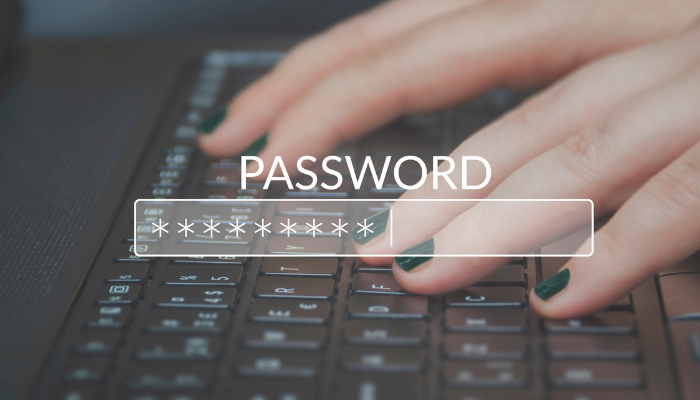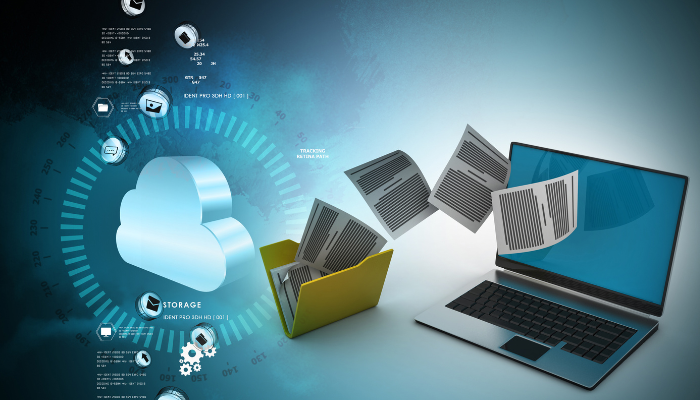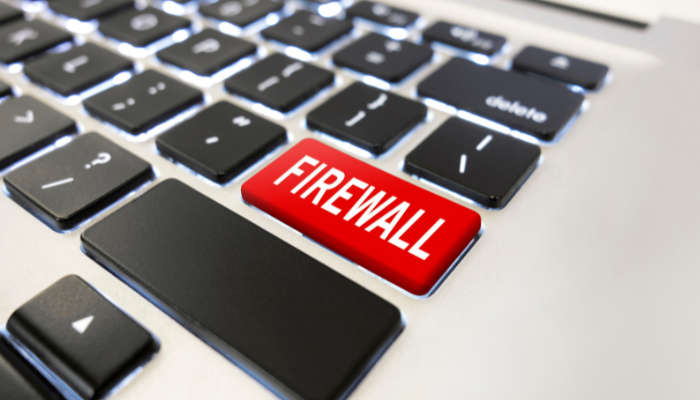Ransomware attacks are becoming increasingly common and are one of the most powerful dangers to companies today. Ransomware is a kind of negative software that encrypts files on your system and demands payment to decrypt them.
If left unchecked, ransomware can consequence in substantial financial losses, data loss, and reputational damage, that is why ransomware security in Dubai is necessary.
In this blog, we will discuss some tips for protecting your office system from ransomware attacks.
Here Are Some Of The Points To Keep In Mind:
1. Keep Your System Up-To-Date

Keeping your system up-to-date is one of the best ways to protect against ransomware attacks. Software updates usually comprise security patches that fix security flaws that hackers could exploit.
It’s essential to ensure that all software and running systems on your office systems are up-to-date with the current patches.
2. Use Antivirus Software

Using antivirus software is critical for ransomware security in Dubai your office system from ransomware attacks. Antivirus software can catch and stop negative software, including ransomware before it can cause any damage.
Ensure that your antivirus software is updated regularly and configured to perform regular scans of your system.
3. Train Your Employees

Educating your employees on ransomware threats and best practices is crucial in protecting your office system from attacks.
Your employees should be aware of the risks and how to avoid them, such as avoiding clicking on suspicious links, downloading unknown attachments, or visiting unsecured websites.
Standard training sessions can assist assure that your workers are up-to-date on the most delinquent dangers and understand the best practices to keep your office system secure.
4. Use Strong Passwords and Multifactor Authentication

Using strong passwords and multifactor authentication is effective for ransomware security in Dubai to protect your office system from ransomware attacks.
Feeble passwords are effortless for hackers to guess or brute force, providing easy access to your system.
5. Backup Your Data Regularly

Backing up your data regularly is critical in saving your office system from a ransomware attack. By creating regular backups, you can quickly restore your data if it becomes encrypted or inaccessible due to a ransomware attack.
Confirm that your backups are held protectively and are not accessible to attackers.
6. Implement Network Segmentation

Implementing network segmentation can help limit the spread of a ransomware attack in your office system. Network segmentation involves dividing your network into smaller segments, each with its ransomware security in Dubai protocols and access controls.
This can help limit the spread of an attack and prevent attackers from accessing critical data or systems.
7. Use Firewall and Intrusion Detection System (IDS)

A firewall and an intrusion detection system (IDS) are essential in protecting your office system from a ransomware attack. A firewall can help block unauthorized access to your network, while an IDS can help detect and alert you to potential threats.
Ensure that you configure your firewall and IDS correctly and keep them up-to-date with the latest security patches.
8. Use Two-Factor Authentication

Using two-factor authentication can help protect your office system from a ransomware attack.
Two-factor authentication involves using two methods of authentication to access your system, such as a password and a verification code sent to your mobile device.
This can allow controlling unauthorized access to your network, even if an attacker obtains your password.
Conclusion
Ransomware attacks can cause significant damage to any organization, both financially and in terms of reputation. However, with proper measures and protocols in place, you can protect your office system from ransomware attacks.
As discussed in this blog, implementing ransomware security in Dubai, such as keeping your software and systems up-to-date, using antivirus software, educating your employees, and regularly backing up your data, can help mitigate the risks of ransomware attacks.
It’s crucial to be proactive and vigilant in your approach to cybersecurity, as even one successful attack can have severe consequences.




.png)


